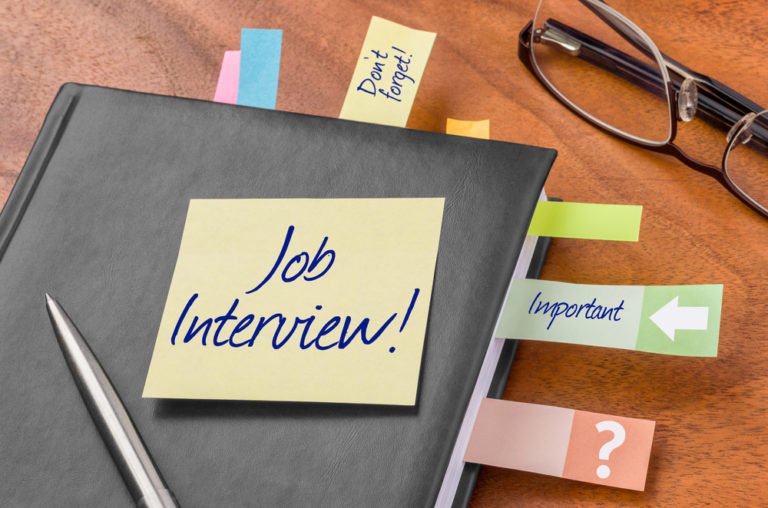Interview Blunders – Beyond Interview Question and Answer Advice
 Everyone needs good interview question and answer advice. But just as important, you need to know what other interview mistakes to avoid. Based on my own 30 years of experience as a Hiring Manager, plus talking with many of my peers over the years, here are the most common interview blunders.
Everyone needs good interview question and answer advice. But just as important, you need to know what other interview mistakes to avoid. Based on my own 30 years of experience as a Hiring Manager, plus talking with many of my peers over the years, here are the most common interview blunders.
These blunders will definitely turn off any Hiring Manager and very likely knock you out of further consideration. Please take them to heart and avoid them at all costs.
- Talking too much. Most of the Hiring Managers I know, myself included, put this high on the list of candidate turn-offs during the interview question and answer session. As a general rule, you should talk no more than half the time and one third of the time is best. Take your cues from what the Hiring Manager says and listen as much as you can. Your answers to questions will be much better as a result. One way to get the Hiring Manger to do more talking is to ask the questions you prepared in advance (you did come prepared with questions to ask, didn’t you?)True story: Some time ago, I was part of a four-person team interviewing a candidate for a technical support position. We allocated 45 minutes for the interview and it actually took over an hour and a half. During the interview question and answer session, every time we asked a question, this candidate would talk for minutes at a time, soaring off onto side issues and meaningless detail. It got to the point where we’d all silently groan and roll our eyes at each other because this person would not stop talking. We had to end the interview without asking all our questions because we ran out of time…and were simply worn out. Needless to say, this candidate received no further consideration.
- Another major blunder is not researching the company at which you are interviewing. Today’s job market is still very competitive and if you haven’t researched my company, you won’t be as able relate your qualifications to my job opening as the candidate who is well prepared. With the abundance of information that can be easily researched on the Internet, there is no excuse for being unfamiliar with my company. Your interview question and answer session will go much better if you can speak knowledgeably about the company.
- Talking negatively about past employers. The old saying that “If you can’t say anything nice, don’t say anything at all,” is especially true during an interview question and answer session. If you trash talk previous employers, I’ll assume you’ll also bad mouth your current employer. Consequently, I don’t want to become your current employer.
- Having too much “attitude”. A negative or arrogant attitude is surprisingly common on interviews. Sometimes it’s a result of trying too hard to come across as being very knowledgeable. One tip here is to not cross your arms during the interview, as this is frequently interpreted as being defensive or arrogant. Remember what I said on the main interview page: A Hiring Manager will usually offer the job to the best qualified candidate that they also like. If you come into the interview with an attitude, how well do you think I’ll like you?
- Wearing the wrong clothes. See the Interview page for more complete advice on how to dress for an interview. Even if you follow these tips, you still must use common sense when dressing for an interview (no loud colors, no jeans, no flip flops, etc).Another true story: I was once interviewing an applicant for a marketing position. He had good qualifications on paper and was actually pretty articulate and convincing in the interview. Trouble was, he was dressed completely in black: black jacket, black shirt, black tie, black pants and black shoes. Plus, he didn’t smile once. I simply couldn’t shake the impression that I was interviewing a candidate for a Mortician’s job. There was no way I could picture him in front of our customers, so I passed on what might have been an otherwise qualified candidate.
- Turning off the Hiring Manager by asking questions about salary, vacation, benefits, etc. It shows bad taste to ask questions of this nature during the interview question and answer session, before you’ve been offered the job. Your questions should all be about the specific position for which you’re interviewing.



